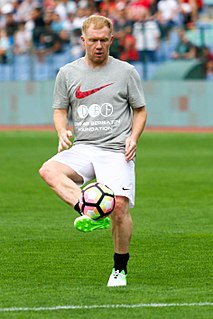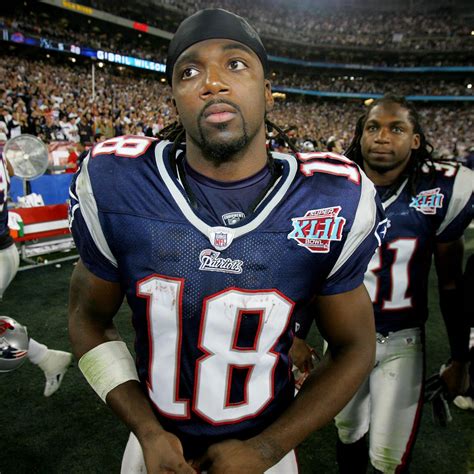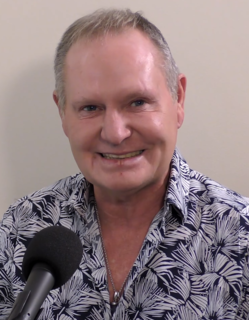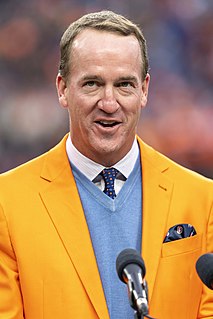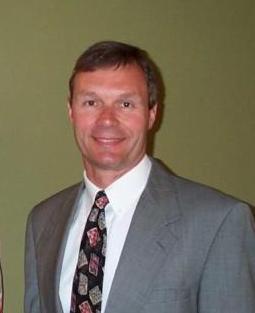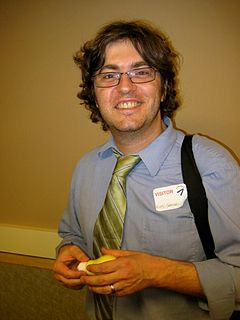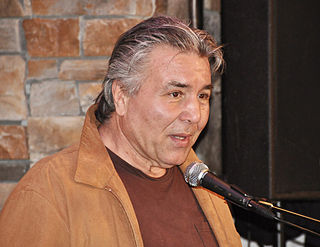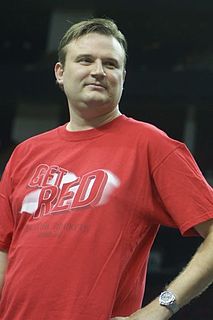A Quote by Paul Scholes
It goes without saying that no one at United ever expected any help. We understood that decisions can go against you. We believed we were the better team, and therefore, if the referee got his decisions right, then we would win the vast majority of our games.
Related Quotes
If we all make systematic mistakes in our decisions, then why not develop new strategies, tools, and methods to help us make better decisions and improve our overall well-being? That's exactly the meaning of free lunches- the idea that there are tools, methods, and policies that can help all of us make better decisions and as a consequence achieve what we desire-pg. 241
Cities are responsible for the vast majority of the creation of the economy. They're also places into which we pour the vast majority of resources, the vast majority of energy and the places where a huge percentage of the decisions about how systems are built and how products designed, etc., happen.
The way to make better decisions is to make more of them. Then make sure you learn from each one, including those that don't seem to work out in the short term: they will provide valuable distinctions to make better evaluations and therefore decisions in the future. Realize that decision making, like any skill you focus on improving, gets better the more often you do it.
I always hear people saying, "If I can just help one person, or if I can just stop one person from doing what I did." I don't think one person is enough. I feel you can help more than one person, help as many as you can. That's something that I would like to leave as my legacy: That I helped a lot of people and made some people make better decisions after looking at the decisions I've made in my life.
The most basic principle to being a free American is the notion that we as individuals are responsible for our own lives and decisions. We do not have the right to rob our neighbors to make up for our mistakes, neither does our neighbor have any right to tell us how to live, so long as we aren’t infringing on their rights. Freedom to make bad decisions is inherent in the freedom to make good ones. If we are only free to make good decisions, we are not really free.
One of my quests from the beginning has been to inform people, educate people, sort of train people, if you will, to spot liberalism. The belief that liberalism is the source of the vast majority of our problems, clearly not all, but the vast majority, liberals and liberalism, and the more people trained to spot it, I think, have always believed that it would go a long way to go in defeating it. I think it does need to be defeated.
Prayer is the most tangible expression of trust in God. If we would trust God for our persecuted brothers and sisters in other countries, we must be diligent in prayer for their rulers. If we would trust God when decisions of government in our own country go against our best interests, we must pray for His working in the hearts of those officials and legislators who make those decisions. The truth that the king's heart is in the hand of the Lord is meant to be a stimulus to prayer, not a stimulus to a fatalistic attitude.
There are lots of decisions, and also non-decisions, that go into this job. In the same way that it can be impossible to separate a coach from the players, it's also impossible to separate the GM from the coach from the players. You just have to ask: Is the GM helping the team have playoff success? Is he giving the team a chance to win the title?
